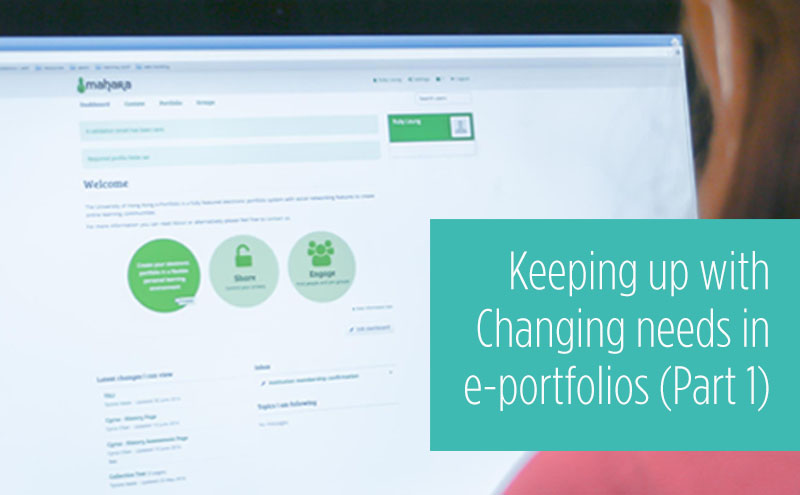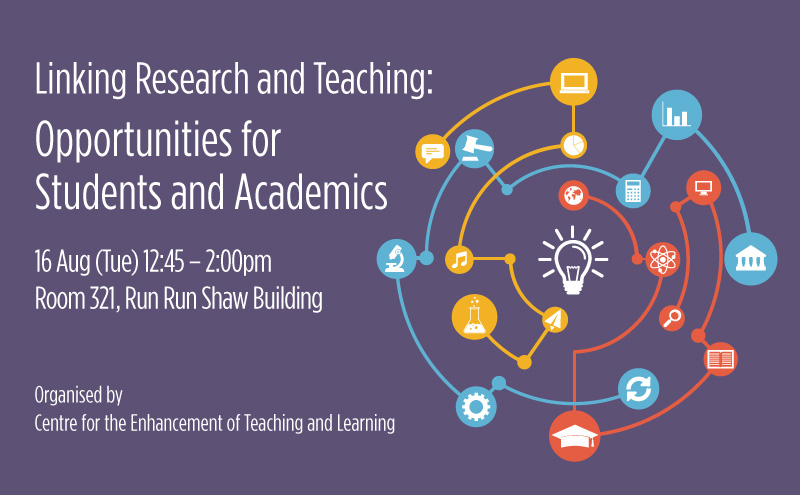
Universities have progressively turned to technology-enhanced strategies for teaching, learning and making learner-centred student assessment, inspiring life-long learning (Lopez-Fernandez & Rodriguez-Illera, 2009). E-portfolio supports this need, and has been used with different focuses for students, teachers and institutions in the education sector. Therefore, expectations for e-portfolios are constantly changing over the years.
A review of the literature shows that there are three primary functions of e-portfolios that support users’ affective and cognitive development – documentation (evidence and outcomes of learning), reflections on learning, and collaboration.
On documentation, personal, professional and intellectual development of students can be well recorded and supported in e-portfolios (Watson & Doolittle, 2011). The collection, organisation and analysis of various learning artefacts motivate students to process and make connections (Loreanzo & Ittelson, 2005a).
For reflections on learning, Lorenzo & Ittelson (2005a, 2005b) believe that e-portfolios encourage self-reflection and ‘involve exchange of ideas and feedback,’ enhancing information literacy. An in-depth learning involving ‘reflection, intrinsic motivation, story-telling, interconnections and real meaning making’ can be fostered, and students ‘learn by doing’ (Barrett, 2004; Cooper and Love, 2007, as cited in Buzzetto-More, 2010, p.66).
In relation to collaboration, Ahn (2004) views e-portfolio as an effective mechanism to encourage users to interact with peers, thus creating a good learning community. Students embrace learning from non-traditional activities (Wang, 2009, as cited in Buzzetto-More, 2010).
At HKU, how should we come up with solutions that are agile enough to meet these (still changing) needs? Please email us (enquiry@teli.hku.hk) with your ideas.

On July 23, TELI joined MBBS Year 5 students for an orientation to Medical Humanities. We’ve launched an e-portfolio system for their reflection writing exercise in the coming two years of clerkship.
References
- Ahn, J. (2004). Electronic portfolios: Blending technology, accountability & assessment. T H E Journal. 31 (9).
- Barrett, H. (2004). Electronic portfolios as digital stories of deep learning. Retrieved on 7/18/16 from: http://electronicportfolios.org/digistory/epstory.html
- Buzzetto-More, N. (2010). Assessing the Efficacy and Effectiveness of an E-Portfolio used for summative assessment. Interdisciplinary journal of e-learning and learning objects, 6, 61-85.
- Lopez-Fernandez, O., & Rodriguez-Illera, J. L. (January 01, 2009). Investigating university students’ adaptation to a digital learner course portfolio. Computers & Education, 52, 3, 608-616.
- Lorenzo, G., & Ittelson, J. (2005a). An overview of e-portfolios. Educase Learning Initiative, 1-27.
- Lorenzo, G., & Ittelson, J. (2005b). Demonstrating and assessing student learning with e-portfolios. Educause Learning Initiative Paper 3: 2005.
- Watson, C. E., & Doolittle, P. E. (2011). ePortfolio pedagogy, technology, and scholarship: Now and in the future. Educational Technology, 51(5), 29-33.


